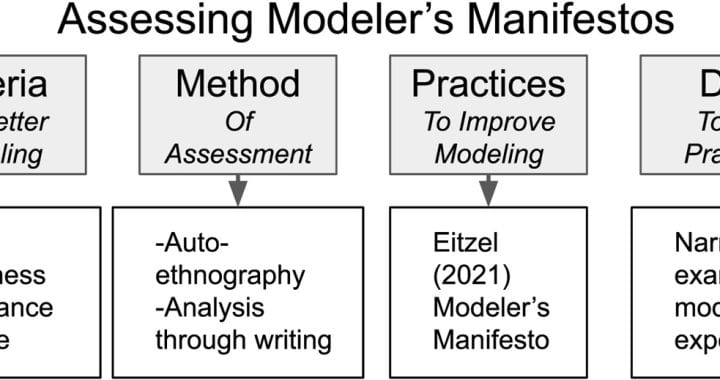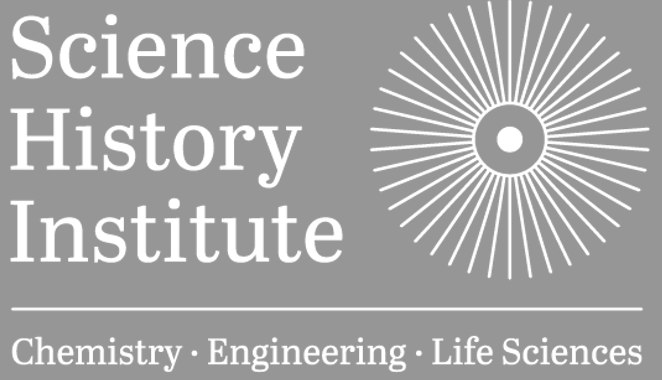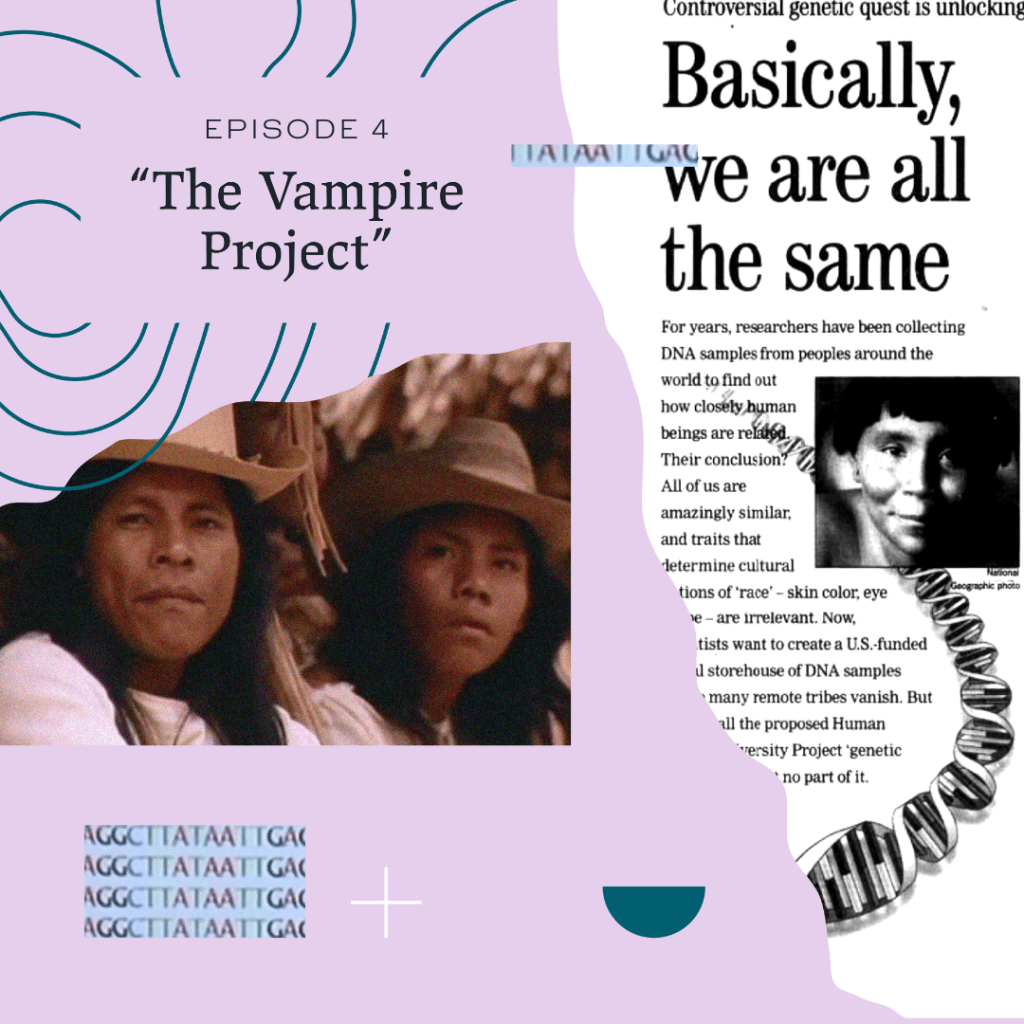Wednesday, April 19, 2023
6:00 – 7:30 pm
Cowell Ranch Hay Barn (free and open to the public, register)
Thursday, April 20, 2023
12:00 – 1:30 pm
Humanities 1, room 210
SAVE-the-DATEs! On Wednesday, April 19 at 6:00 pm, Sawyer Seminar Speaker, Karina L. Walters, will present a campus-wide talk at the Cowell Ranch Hay Barn. It is free and open to the public, though we do ask people to pre-register. Then, on Thursday, April 20, we will host a reading group at 12:00pm in Humanities 1, room 210.
Throughout history, settler colonialism has endeavored to erase the lived experiences and histories of American Indian and Alaska Native Peoples. Yet, Indigenous populations, particularly Indigenous women, remain strong and resilient pillars of communities. Oftentimes these [her]stories are missed in public health initiatives as a result of settler colonialism’s perpetual drive to erase and silence. In this talk, Dr. Walters will explore the latest advances in designing culturally derived, Indigenist health promotion interventions among American Indian and Alaska Native women. The talk will describe the indigenist methodological innovations utilized in the NIH funded Yappalli Choctaw Road to Health, a culturally focused, land-based obesity and substance abuse prevention program as well as the national multi-site Honor Project Two-Spirit Health Study. Consistent with tribal systems of knowledge, both studies illustrate the importance of developing culturally derived health promotion interventions rooted in Indigenist thoughtways and land-based practices to promote Indigenous thrivance and community well-being.
Dr. Karina L. Walters (MSW, PhD) is the recently appointed Director of the Tribal Health Research Office at the National Institute of Health. She is an enrolled citizen of the Choctaw Nation of Oklahoma, a Katherine Hall Chambers University Professor at the University of Washington School of Social Work, and an adjunct Professor in the Department of Global Health, School of Public Health, and Co-Director of the Indigenous Wellness Research Institute (IWRI) at the University of Washington. Dr. Walters is world renowned for her expertise in developing behavioral and multi-level health interventions steeped in culture to activate health-promoting behaviors. She has written landmark papers on traumatic stress and health, historical and intergenerational trauma, and originated the Indigenist Stress-Coping model. She has led 22 NIH-funded studies, is one of the leading American Indian scientists in the country, and is only one of two American Indians (and the only Native woman) ever invited to deliver the prestigious Director’s lecture to the Wednesday Afternoon Lecture Series (WALS) at the NIH. She is the first American Indian Fellow inductee into the American Academy of Social Welfare and Social Work (AASWSW).
The “Race, Empire, and the Environments of Biomedicine” seminar series is supported by the Mellon Foundation, administered by The Humanities Institute (THI) at UC Santa Cruz, and presented in partnership with the Science & Justice Research Center. Learn more in this campus news article: UC Santa Cruz receives Mellon Foundation humanities grant to investigate race, biomedicine and on the “Race, Empire, and the Environments of Biomedicine” project website.





